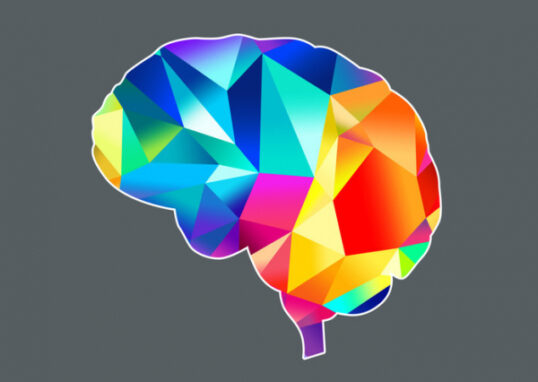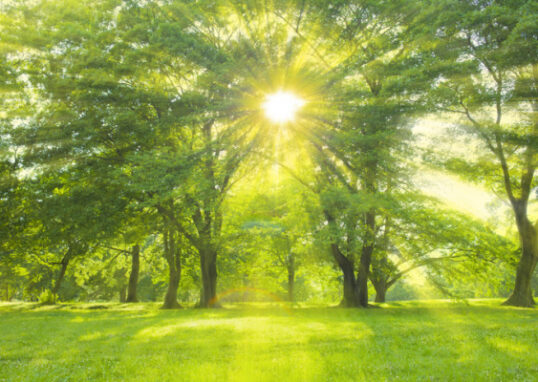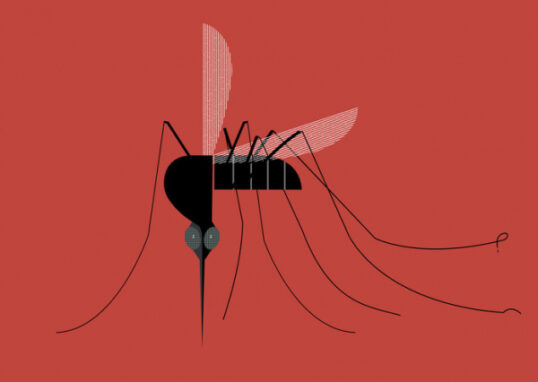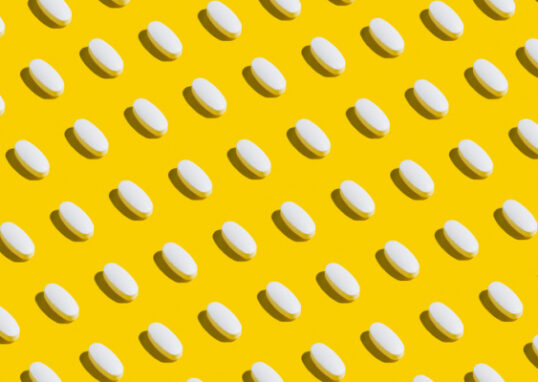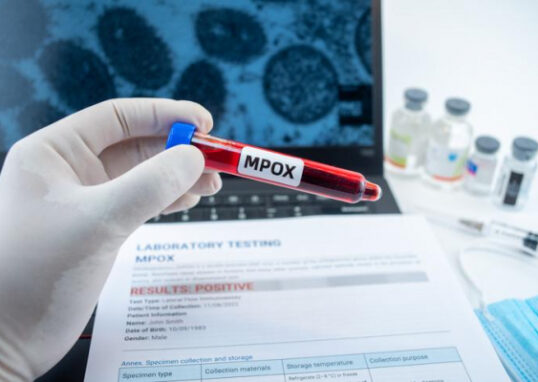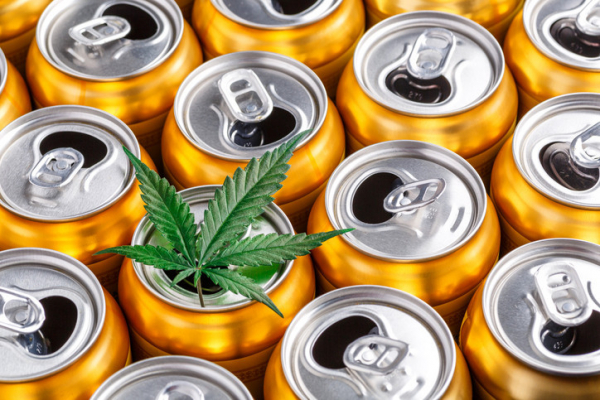

More than half of Americans live in states where recreational cannabis is legal. While alcohol remains the most-used drug in the US, daily cannabis use has actually outpaced daily drinking, according to a study following four decades of consumption trends. Changing drinking habits and new products likely play a role.
Are you rethinking drinking habits?
Growing interest in Dry January and the sober curious movement suggests many people — especially younger adults — are rethinking drinking habits. Sales of alcohol-free beverages have been on the rise. One popular new category in that mix is cannabis-infused beverages, says Dr. Staci Gruber, an associate professor of psychiatry at Harvard Medical School who directs the Marijuana Investigations for Neuroscientific Discovery (MIND) Program at McLean Hospital.
“People are interested in an experience that allows them to relax and enjoy themselves. Some are leaning into cannabis drinks as part of the ‘Cali sober’ trend,” says Dr. Gruber.
(Cali — or California — sober is an informal term used to describe people who abstain from alcohol, or just moderate their drinking, and avoid drugs other than cannabis. Some people include psychedelic drugs such psilocybin and LSD in their definition of Cali sober).
What are cannabis-infused drinks?
First, a brief primer on cannabis (marijuana). It comes from the Cannabis sativa plant, which contains more than 100 chemical compounds known as cannabinoids. These compounds interact with chemicals and receptors in the human brain.
- The most familiar cannabinoid is delta-9-tetrahydrocannabinol (THC), which produces intoxication or euphoria. For some people, it also helps ease pain and nausea.
- Another is cannabidiol (CBD), which is not intoxicating and has a number of potential medical uses, including anxiety-relieving properties.
Varieties of cannabis that contain low levels of THC (less than 0.3%) are classified as hemp, while those with more than 0.3% THC are considered cannabis. However, the type and amount of cannabinoids that different cannabis-based products claim to contain vary widely — and the labels aren’t necessarily accurate, says Dr. Gruber.
Many cannabis-infused drinks list THC as an ingredient, and while there is no standard dose, 5 milligrams (mg) is typically used in research studies of the drug. Some “low-dose” beverages contain 2 to 4 mg of THC in an 8-ounce container. Other products can contain as much as 200 mg of THC. The drinks may also contain caffeine, alcohol, or other substances.
State laws vary on whether and where these drinks can be sold and on age restrictions.
How do cannabis drinks differ from edibles?
Edibles are foods containing cannabis, such as gummies, brownies, or cookies.
The cannabinoids found in beverages are specially formulated to dissolve in liquid. This means they are more easily and rapidly absorbed into the body’s soft tissues.
“Some people say they feel the effects of cannabis-infused drinks within 15 to 20 minutes, which is much faster than when people eat a cannabis gummie or brownie,” says Dr. Gruber. Those products take at least 30 to 90 minutes to take effect because they must be digested and then processed through your liver, she explains.
How do the effects of cannabis drinks compare with alcoholic drinks?
While everyone is different, people generally know how they’re going to react if they drink, say, a light beer or two gin and tonics, says Dr. Gruber. But people are less familiar with the effects of cannabis in general — and of cannabis beverages in particular. That’s compounded by the varied amounts, mixtures, and other ingredients different drinks may contain.
If you down one cannabis drink and don’t wait long enough to feel the effects and have one or two more, you can double or triple your THC dose very quickly. “You can go from an experience that’s reasonably pleasant to one that’s not,” says Dr. Gruber.
Some people feel fine after small and sometimes even large amounts of THC. Others find even small amounts intolerable. “They may feel uneasy or anxious and their heart rate and blood pressure may rise. Nausea and vomiting are also possible, and some people even become paranoid and agitated,” says Dr. Gruber.
Are older adults more likely to experience unpleasant effects?
Possibly. Older adults may be more vulnerable to these unpleasant effects, in part because drug metabolism slows with age. After recreational cannabis became legal to sell in California, cannabis-related emergency department visits increased in older adults. The same trend occurred in Canada, as documented in a recent study in JAMA Internal Medicine.
This isn’t to suggest that cannabis drinks are more risky than alcohol, which has many unhealthy effects. Still, there are generally more unknowns with cannabis drinks, says Dr. Gruber.
“If you are interested in trying it and it is legal for you to do so, be mindful about controlling the experience until you know how a particular product affects you,” she says.
About the Author

Julie Corliss, Executive Editor, Harvard Heart Letter
Julie Corliss is the executive editor of the Harvard Heart Letter. Before working at Harvard, she was a medical writer and editor at HealthNews, a consumer newsletter affiliated with The New England Journal of Medicine. She … See Full Bio View all posts by Julie Corliss
About the Reviewer

Howard E. LeWine, MD, Chief Medical Editor, Harvard Health Publishing
Dr. Howard LeWine is a practicing internist at Brigham and Women’s Hospital in Boston, Chief Medical Editor at Harvard Health Publishing, and editor in chief of Harvard Men’s Health Watch. See Full Bio View all posts by Howard E. LeWine, MD

